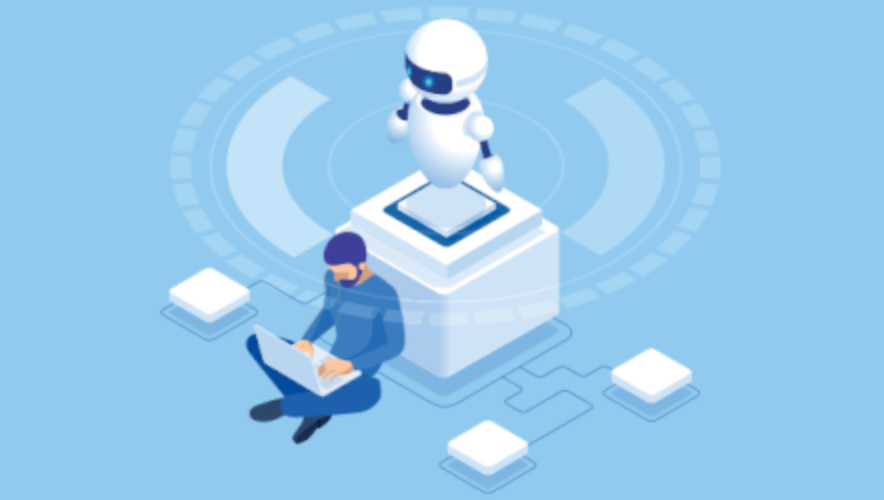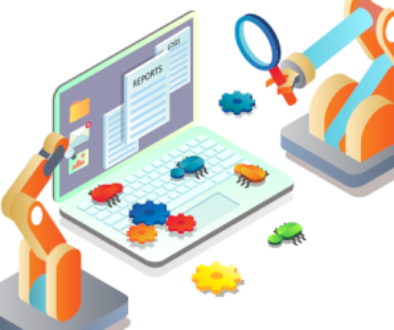AI ethics: 5 key pillars
Artificial intelligence and machine learning (AI/ML), often imagined as self-driving cars or human-like robots, are flourishing at the enterprise level as practical business use cases increase. Many companies rely on AI/ML to expedite internal processes, automate mundane tasks, and reduce human error.
But some businesses fail to consider that AI ethics are essential to ensure that the technology is used appropriately and securely and that it does not pose risks to businesses.
The growing importance of AI in nearly all enterprises brings into question how CIOs can ensure that the processes align with ethical and responsible AI. Because AI will likely continue to pave the way for additional technological advancements and is crucial to ensuring efficient and effective internal processes, CIOs and business leaders must pay attention to the following key pillars of ethical AI.
1. Accountability
The first pillar of ethical AI is accountability.
» Lees hier het oorspronkelijke bericht.




